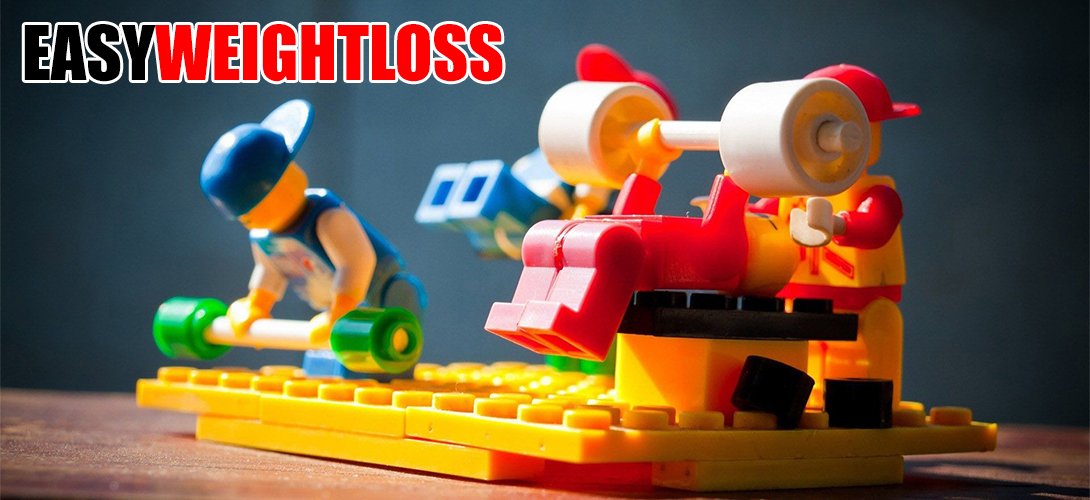
The Fat Burning Index ™ is what we’ve done with all-science ‘ketogenic ratio’ of foods and meals. We used a scientific formula recognized by clinicians and fitness professionals – but we adapted it to the needs of a normal,![]() regular person, without serious diseases (always – always! – consult with your physician before you start any diet!) and not aiming for a bodybuilding competition.
regular person, without serious diseases (always – always! – consult with your physician before you start any diet!) and not aiming for a bodybuilding competition.
We also recognize this person’s natural tendencies — to get bored on a strict diet, to cheat time and time again, to come close to giving up. Our Fat Burning Index ™ approach allows you to have any food.
“ANY food? So can I eat all I want?”
We promise that as long as you eat the foods we suggest, you will never count calories. You might want to ask: “So what’s new? This is exactly what all low carb diets promise, don’t they?”
Right. But we go much further. We promise that you will not count carbohydrates, fats, or protein. If you find a single diet, online or offline, that frees its dieters from that much counting, let us know and we’ll cheerfully refund your money and send you a $20 Amazon.com gift certificate. Does this sound too good to be true?
You might be doubtful and chances are that mainstream diets are the reason. Of course you couldn’t avoid opinions like the below Q&A posted by Health Care Reality Check:
Q: Can a person eat unlimited calories, and still lose weight, as long as they severely restrict carbohydrates?
A: No, she can not. The basis of ketogenic diets, such as the Atkins Diet, is a severe restriction of carbohydrate calories, which simply causes a net reduction in total calories. Since carbohydrate calories are limited, intake of fat usually increases. This high fat diet causes ketosis (increased blood ketones from fat breakdown), which suppresses hunger, and thus contributes to caloric restriction. — Ellen Coleman, RD, MA, MPH
Is this a correct answer?
Let’s first discuss whether it’s a correct question. Or, rather, is this the real question so frequently asked by dieters. In my experience, this in fact sounds a little bit different but this makes ALL the difference. This is what real dieters ask:
Q: Can low carb dieters eat all they want, and still lose weight as long as they only eat allowed foods?
A: Yes, they can. The basis of ketogenic diets, such as the Atkins Diet, is a restriction of carbohydrate-containing foods in favor of fat and protein containing foods, which causes the state of ketosis resulting in significant decrease in appetite. Since appetite decreases, most of low carb dieters consume significantly less calories WITHOUT INTENTIONAL CALORIE RESTRICTION.
Let’s see why and how it happens
Ketosis is a biochemical condition that occurs when the body produces ketones at a higher rate than glucose’s release into the blood.
Ketone bodies provide energy for the body’s needs when there is a total food restriction, carbohydrate restriction, and/or long enough physical effort.
In the beginning of ketosis, ketones provide up to 75% of total energy requirement, including energy required by the brain. Most dieticians say that carbohydrate is the only fuel for the nerve cells but it is not true. It’s a preferred fuel, yes, but not the only one. If there are little or no carbohydrates, all tissues of the body including brain tissue can adapt to using alternative fuel.
As the body undergoes the process of adaptation to ketosis, the amount of carbohydrates required reduces. This explains why brain fog and muscle weakness can occur in the beginning of ketosis but becomes very rare after a week or two. In fact, it’s true that a diet is considered low carb if it contains less than 100 carb grams a day, but it’s only true until the adaptation to ketosis develops. After it is completed, the carb requirement is around 40 grams. None of non-clinical low carb diets takes this fact into account.
After 1-2 weeks, as the process of adaptation to ketosis develops and the tissues no longer rely on carbohydrates for fuel, they send less signals requesting the beta-cells in the pancreas to release insulin — resulting in decrease of insulin concentration in the blood.
Low insulin level frees its antagonistic fat burning hormones from suppression resulting in increased levels of glucagon, growth hormone, catecholamines, and glucocorticoid.
Glucagon is the most important insulin antagonist; it’s up to glucagon to control fatty acids’ release from fat stores to be burnt for fuel. So, as glucagon release increases, insulin goes down. It is thought that to initiate ketosis, carbohydrate intake should be reduced to less than 30g/day.
However, there’s a most important condition grossly overlooked by the authors of low carb diets. Any food is either ketogenic or glucogenic depending on it influence on the competition between glucagon and insulin. To make ketosis possible, a meal should contain at least 1.5 g of fat per every 1 g of protein plus carbohydrate combined.
Only that or higher of a ratio makes food ketogenic enough to allow eating without portion and calorie control. Foods with ketogenic indexes below 1 promote insulin release and are essentially anti-ketogenic. Foods with indexes between 1 and 1.5, though not anti-ketogenic, require calorie control since their ketogenic properties are not strong enough to significantly suppress the carbohydrate metabolic pathway and mobilize body fat for fuel thus causing healthy hunger decrease.




